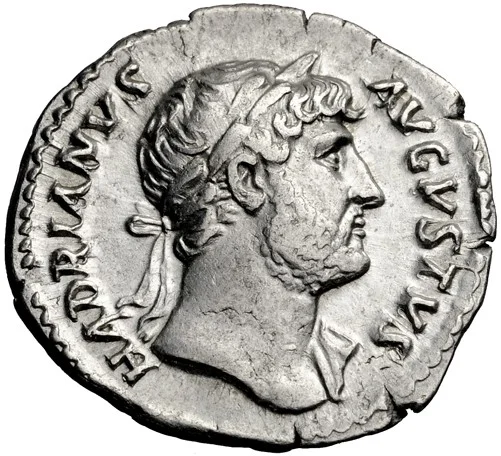Politics is one big nuclear hot potato zone into which preachers enter at their peril. And Jesus’ enemies knew that.
They were plotting, Matthew tells us, how to “entangle Jesus in his words.” And how better to do that than by getting him to make a political comment? Many preachers since have indeed been entangled in the political web by their ill-spoken words. And so they asked Jesus whether or not it was lawful to pay taxes to Caesar. They thought they had this one wrapped up. If he endorsed Caesar, he would be a traitor to the Jews. And if he defied Caesar, they could head straight to Pilate with the evidence.
As it turned out, Jesus was a little smarter than them. He asked them to provide a coin, and pointed out Caesar’s image on the coin. Then he simply said, “Render to Caesar the things that are Caesar’s, and to God the things that are God’s.” And they walked away.
So what did Jesus mean? Two things help us understand it. On the one hand, Jesus told Pilate at his trial that his kingdom was not of this world. If it had been, as he said to his disciples, he could have called on a legion or two of angels to deliver him. So politics is not his priority. On the other hand, Paul teaches that God himself instituted civil government for the purpose of restraining evil and bringing order. Therefore, we should respect it. We must pay our taxes and pray for those in authority over us, even if the leader in charge happens to be a madman like Nero, who was in office when Paul wrote those words. So we can’t ignore politics either.
As Jesus’ followers, we live in a tension in terms of our relationship with the political world. Where we go wrong, as we often do, is when we lose sight of this balance. On the one extreme, many of us look at politics as unspiritual. On that point, we’re just like the Amish, except we drive cars. And so we stick our head in the sand while the world rots, though somehow we still complain about government as much as anyone. On the other extreme, we throw ourselves into politics to the point where we identify the kingdom of God with one political position or party, and equate the opposite view as a new form of heresy. This creates massive division within the body of Christ, and it grieves me.
I don’t have any easy solutions, but I can offer some suggestions.
First, the kingdom of God transcends any political viewpoint. That means our position as brothers and sisters requires us to accept one another without regard for our political views. By Biblical definition, what we have in common is far more than what divides us. And if you think differently, you haven’t understood the Bible correctly.
Second, the trouble often begins (unless it’s something like I describe below) when preachers start messing in politics. It never works. Release men and women in the church who are called to public service and back them up, but preachers should stick to their primary calling.
Third, focus on issues with a clear Biblical teaching behind them. In Michigan last winter, we went to battle on a drugs-related community issue. In church this morning, we signed a petition supporting our government’s legislation to roll back a pernicious sex-ed curriculum. That’s something everyone who has a Biblical worldview can agree on. The other side won’t shut up. And neither should we, if we care for our society.
Matthew states that, after that encounter, those scoundrels walked away empty-handed from Jesus. I think Matthew, who knew a thing or two about taking money from people, was implying Jesus kept their coin! I hope he did.
